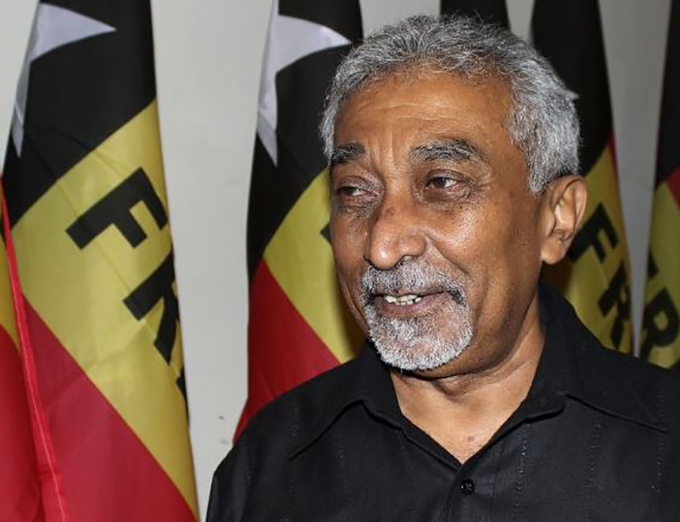
The emergence of opposition parties in Timor-Leste’s parliamentary election this weekend shows growing dissatisfaction with the status quo, reports SBS from Dili.
Former Prime Minister Dr Mari Alkatiri, the current secretary-general of the Revolutionary Front for an Independent East Timor (Fretilin), described his party’s win of about 30 percent of the vote as a “a victory for all people”.
“Now we will look forward to guaranteed stability, ongoing development and to bring people out of poverty,” Dr Alkatiri told reporters yesterday afternoon after 92 percent of the vote had been counted.
The party has come out ahead of Timor-Leste’s other major political force – the National Congress for Timorese Reconstruction (CNRT) – headed by former president and independence leader Xanana Gusmao, which picked up about 28 percent of the vote, according to official numbers.
However, Dr Alkatiri said his party’s “victory” was also a win for Gusmao’s CNRT, with which they formed a de facto coalition in 2015, ushering in a new era of political unity in a country previously racked by conflict and instability.
Their cornering of about 58 percent of the vote showed an “endorsement” of this stability, said Professor Michael Leach, a Timorese specialist from Swinburne University.
But a reflection of a lower level of satisfaction with the government is the emergence of the newly established People’s Liberation Party (PLP) and the “disenfranchised youth” party Khunto, which picked up about 10.2 and 6.9 percent of the vote respectively.
Anti-corruption platform
Riding on a platform of anti-corruption, the PLP has called for an end to life pensions for government members and a re-routing of funds from big infrastructure projects into grassroots areas like health, education, water and sanitation.
A key concern has been the country’s over-reliance on oil and gas revenue to fund projects, salaries and services, with fears that unless the economy diversifies quickly, the country will run out of money within 10 to 15 years.
Professor Leach said Khunto had tapped into “disenfranchised youth unable to get a job”.
“They very much pitched their campaign at jobless youth and have done rather well and they will be in parliament more than doubling their 2012 vote,” he said.
Professor Leach said it would be interesting to see where the parliament goes from here.
It is yet unclear whether Fretilin, whose win will mean they get “first bite of the cherry”, will continue their de facto partnership with CNRT or forge new ties.
Another question is whether these emerging parties are offered and accept ministries – making them a less effective opposition.
Votes for the already established Democratic Party remained steady at about 10.2 percent – similar to their 2012 result.












































